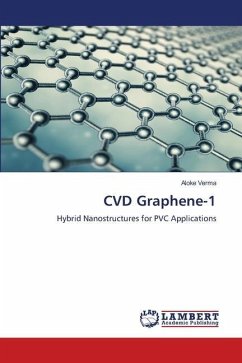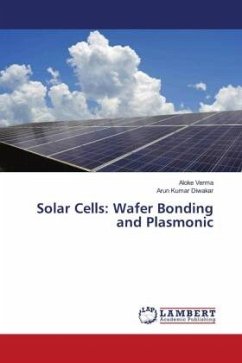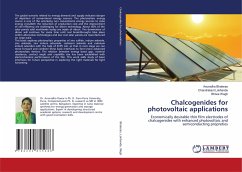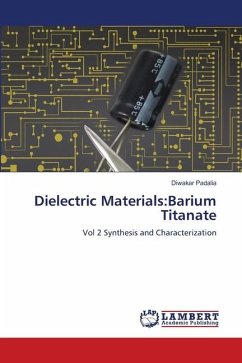Graphene's superior carrier mobility, optical transparency, and thermal conductivity make it a one-of-a-kind material for creating 2D-physics devices in electrical and optoelectronics. Top-down and bottom-up physical and chemical processes are used to create graphene layers. Polycrystalline Cu foils are better at controlling large area expansion and layer number while having low defects. Wet transfer was used to transfer graphene from one side to quartz and suspend graphene on a TEM Cu grid. Low-temperature PVD was used to create various ZnO nanorods, nanowires, and nanoribbons on single- and multilayer graphene.
Bitte wählen Sie Ihr Anliegen aus.
Rechnungen
Retourenschein anfordern
Bestellstatus
Storno








